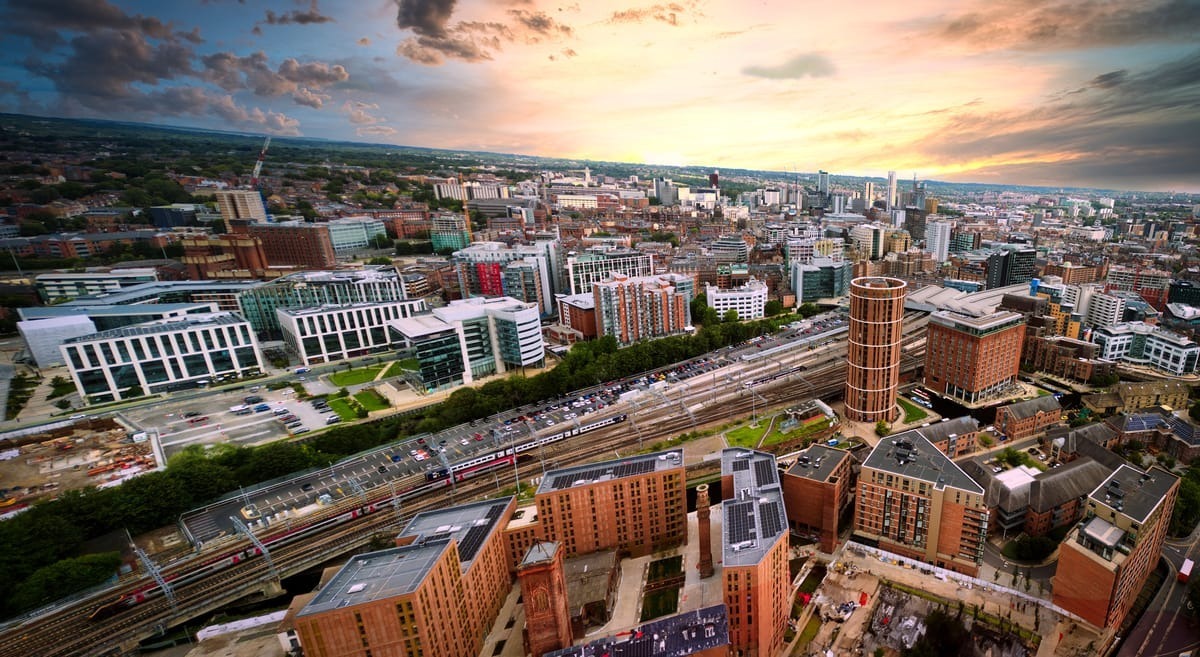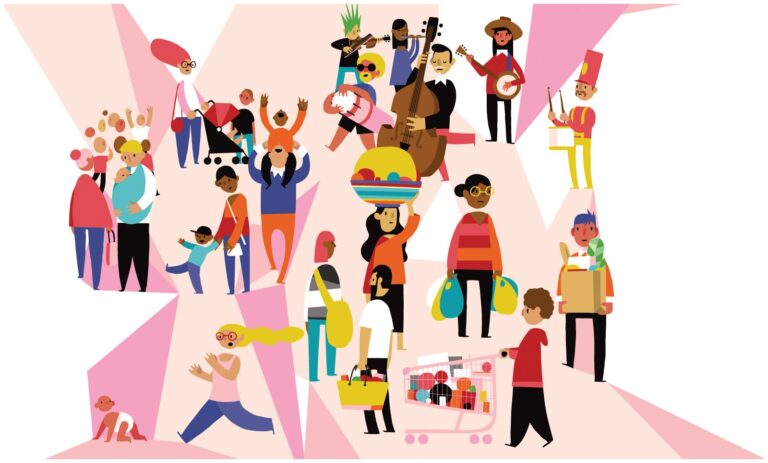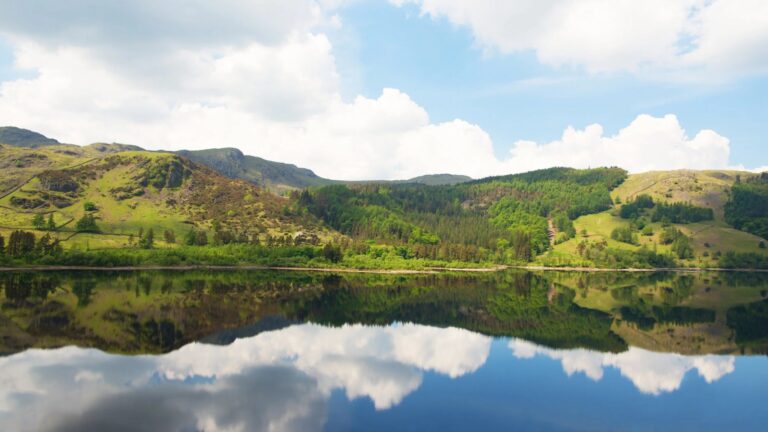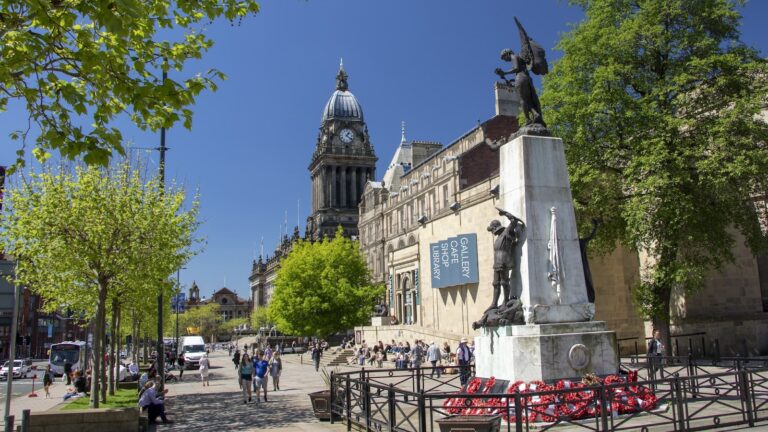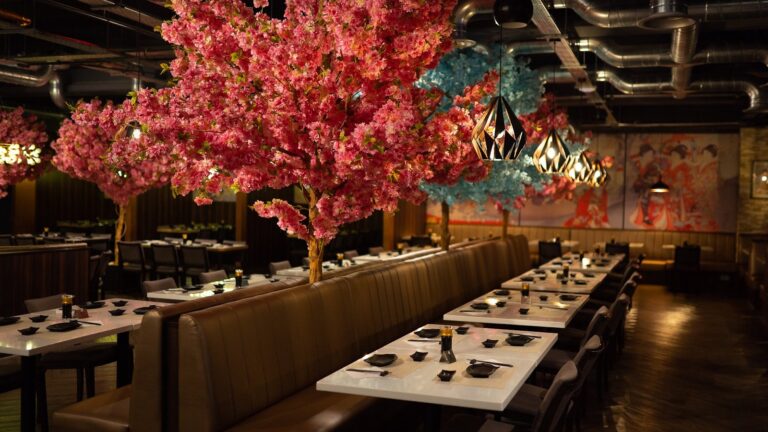Leeds City Centre: Metropolis in the Heart of West Yorkshire
Nestled in the heart of West Yorkshire, Leeds city centre is a thriving metropolis that effortlessly blends historical heritage with modern urban living. From its medieval beginnings as a small market town to its current status as a vibrant business, cultural, and educational hub, Leeds has continually evolved, embracing both tradition and innovation. With a growing economy, bustling city life, and scenic green spaces, Leeds offers an ideal balance for residents, businesses, and visitors alike.
Historical Foundations of Leeds
Leeds traces its roots back to the medieval era when it began as a modest market town primarily engaged in the wool trade. Its strategic position along the River Aire, surrounded by fertile agricultural lands, provided the foundation for economic growth. By the 17th century, Leeds had established itself as a vital trading centre, with markets drawing merchants from across Yorkshire.
The Industrial Revolution of the 18th and 19th centuries transformed Leeds into one of the leading industrial cities in Britain. Textile manufacturing, particularly wool and flax, became the backbone of the economy. The cityscape was dotted with mills, factories, and warehouses, and the population soared as workers migrated in search of employment. This period of industrial prosperity laid the groundwork for the modern city, shaping both its infrastructure and social fabric.
Economic Significance of Leeds
Today, Leeds stands as the economic powerhouse of West Yorkshire, with a diversified economy that spans finance, legal services, retail, creative industries, and education. The city’s economy is estimated to be around £65 billion, with projections to grow by over 20% in the next decade.
Key Sectors and Employers
- Finance & Legal: Leeds is home to a large concentration of financial institutions and legal firms, contributing significantly to the UK’s financial sector. Major employers include Centrica, BT, Yorkshire Bank, Direct Line, and Asda Head Office.
- Retail & Commerce: Trinity Leeds and Victoria Leeds have transformed the city into a retail destination, attracting shoppers from across the UK.
- Creative & Cultural Industries: Music, arts, and media industries flourish in Leeds, making it a hub for cultural innovation.
- Education & Research:The University of Leeds, Leeds Beckett University, and other institutions support a knowledge-based economy, driving research, technology, and talent development.
This economic diversity ensures Leeds remains resilient and adaptive, making it an attractive city for investment, entrepreneurship, and employment.
Transport and Connectivity
Leeds benefits from excellent transport infrastructure, linking the city centre to both local suburbs and major UK cities.
Public Transport
The city’s compact layout makes commuting convenient. Buses run reliably from 5 am to 11 pm, covering both central and suburban areas. Cycling and walking are also popular options due to scenic streets and dedicated lanes.
Rail Connectivity
Leeds City Station is one of the busiest stations outside London, providing direct links to:
- Manchester (1 hr 15 min)
- York (45 min)
- Liverpool (1 hr 40 min)
- London (approx. 2 hrs 15 min)
- Edinburgh (approx. 3 hrs)
These connections make Leeds a strategic hub for business travel, tourism, and commuting within the North of England.
Cultural and Entertainment Hub
Leeds is celebrated for its vibrant cultural scene, encompassing music, theatre, art galleries, and festivals. The city has a rich history in the performing arts, from classical theatre at Leeds Grand Theatre to contemporary performances at West Yorkshire Playhouse.
Music Scene
Leeds has a global reputation in music, hosting the Leeds Festival, part of the iconic Reading & Leeds Festivals. Artists like Arctic Monkeys, Foo Fighters, Megan Thee Stallion, and The 1975 have performed here, cementing its status as a premier music destination.
Arts and Events
Leeds is home to numerous galleries, including the Leeds Art Gallery and Henry Moore Institute, showcasing both historical and contemporary works. Annual cultural events, street performances, and art exhibitions contribute to the city’s dynamic and inclusive cultural atmosphere.
Shopping and Leisure in Leeds
Leeds offers a blend of modern shopping, dining, and leisure experiences.
Major Retail Destinations
- Trinity Leeds: Over 120 national and international brands, a variety of dining options, and the UK’s largest Everyman cinema.
- Victoria Leeds: High-end shopping with luxury brands like Calvin Klein and Harvey Nichols.
Green Spaces and Recreation
Despite its urban density, Leeds is abundant in greenery. Roundhay Park, one of the largest city parks in Europe, offers scenic walks, boating lakes, and sports facilities. Horsforth Hall Park provides a community-oriented space for recreation and social gatherings.
Education and Innovation
Leeds is a hub for academic excellence, attracting students from across the UK and abroad.
University of Leeds: Offers world-class research programs and a large student population.
Leeds Beckett University: Known for applied sciences, business, and arts programs.
The presence of these institutions drives innovation, research, and a highly skilled workforce, further boosting the city’s economy and international reputation.
Residential Life in Leeds
Leeds combines the energy of urban living with a relaxed, community-focused lifestyle. Housing options range from modern apartments in the city centre to charming period homes in suburbs like Chapel Allerton and Roundhay.
Popular Suburbs
- Horsforth: Offers green spaces, family-friendly amenities, and convenient access to the city centre.
- Chapel Allerton:Known for its arts scene, restaurants, cafes, and boutique shops.
- Roundhay:Ideal for those seeking tranquility with proximity to parks, restaurants, and schools.
This mix of urban and suburban living makes Leeds appealing to young professionals, families, and retirees alike.
Modern Infrastructure and Urban Development
Leeds continues to invest in urban renewal and modern infrastructure. Recent city-centre redevelopment projects have integrated eco-friendly designs, mixed-use spaces, and smart-city technologies.
Topographic and Land Surveying
Accurate topographic surveys play a critical role in city planning, helping architects, engineers, and developers navigate the diverse landscape of urban and rural areas surrounding Leeds. These projects ensure sustainable development while maintaining the city’s historical charm.
Sustainable Initiatives
Leeds prioritises green building practices, energy-efficient public transport, and community parks. This approach balances economic growth with environmental responsibility, positioning the city as a model for modern urban development.
Natural Landscape and Surrounding Areas
Leeds is not only an urban powerhouse but also a gateway to natural beauty. The surrounding Pennines and river valleys offer opportunities for outdoor activities like hiking, cycling, and boating.
Residents enjoy the best of both worlds: the vibrancy of city life and the tranquility of scenic countryside just a short drive away. Areas like Roundhay and Horsforth exemplify this perfect balance.
Why Leeds is a Top Choice
Leeds’ appeal lies in its economic vitality, cultural richness, educational opportunities, and lifestyle balance. The city provides:
- Thriving job market and business growth opportunities.
- High-quality education and research facilities.
- Diverse cultural events and festivals.
- Modern shopping, dining, and recreational facilities.
- Access to nature, parks, and outdoor activities.
- Affordable living compared to London and other major UK cities.
Whether for residing, working, studying, or visiting, Leeds offers a comprehensive and rewarding experience.
Conclusion
From its humble beginnings as a medieval market town to its current status as a bustling metropolis, Leeds city centre exemplifies resilience, innovation, and vibrancy. The city’s rich industrial heritage, thriving economy, world-class education, cultural vitality, and natural landscapes make it one of the most attractive urban destinations in the UK. Its streets are a testament to architectural evolution, blending historic Victorian and Georgian buildings with modern skyscrapers and contemporary commercial complexes.
As Leeds continues to grow and modernize, it remains a city that embraces both tradition and progress, offering residents and visitors a unique blend of history, opportunity, and lifestyle. The city’s economic diversity—from finance and legal services to creative industries and tech startups—ensures that Leeds remains not only a centre for commerce but also a hub for innovation and entrepreneurship. Cultural institutions, including theatres, art galleries, and music venues, contribute to a thriving arts scene, while festivals such as the Leeds Festival and international music events highlight the city’s global appeal.
